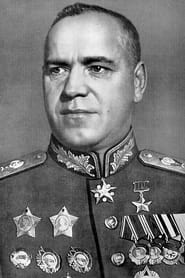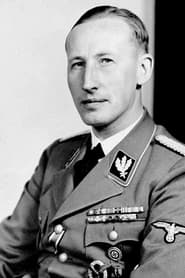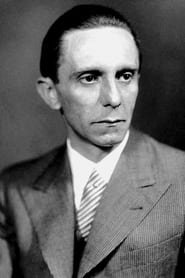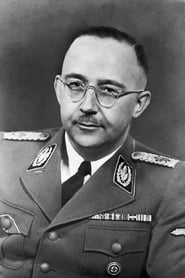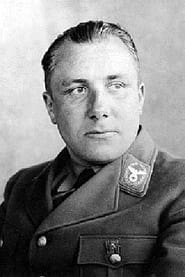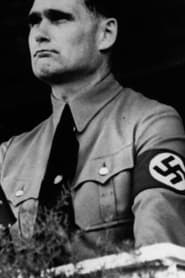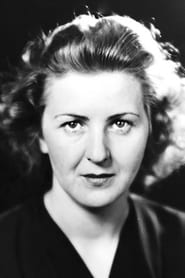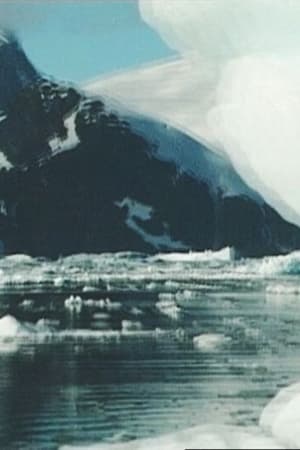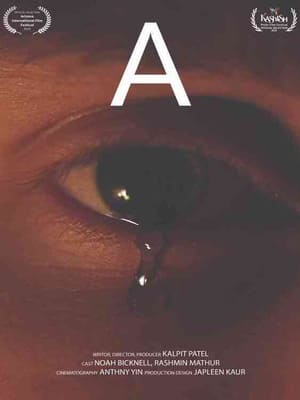

Adolf Hitler - Ein Volk, ein Reich, ein Führer: Dokumente der Zeitgeschichte(1953)
The film begins with the First World War and ends in 1945. Without exception, recordings from this period were used, which came from weekly news reports from different countries. Previously unpublished scenes about the private life of Adolf Hitler and Eva Braun were also shown for the first time. The film was originally built into a frame story. The Off Commentary begins with the words: "This film [...] is a document of delusion that on the way to power tore an entire people and a whole world into disaster. This film portrays the suffering of a generation that only ended five to twelve. " The film premiered in Cologne on November 20, 1953, but was immediately banned by Federal Interior Minister Gerhard Schröder in agreement with the interior ministers of the federal states of the Federal Republic of Germany.
Movie: Adolf Hitler - Ein Volk, ein Reich, ein Führer: Dokumente der Zeitgeschichte
Top 10 Billed Cast
Self

Adolf Hitler - Ein Volk, ein Reich, ein Führer: Dokumente der Zeitgeschichte
HomePage
Overview
The film begins with the First World War and ends in 1945. Without exception, recordings from this period were used, which came from weekly news reports from different countries. Previously unpublished scenes about the private life of Adolf Hitler and Eva Braun were also shown for the first time. The film was originally built into a frame story. The Off Commentary begins with the words: "This film [...] is a document of delusion that on the way to power tore an entire people and a whole world into disaster. This film portrays the suffering of a generation that only ended five to twelve. " The film premiered in Cologne on November 20, 1953, but was immediately banned by Federal Interior Minister Gerhard Schröder in agreement with the interior ministers of the federal states of the Federal Republic of Germany.
Release Date
1953-11-13
Average
4.3
Rating:
2.1 startsTagline
Genres
Languages:
DeutschKeywords
Recommendations Movies
 6.4
6.4Angelique and the Sultan(fr)
Angélique is in a North African Muslim kingdom where she is now part of the Sultan's harem. She refuses to be bedded as her captors try to beat sense into her. She finally decides to escape with the help of two Christian prisoners.
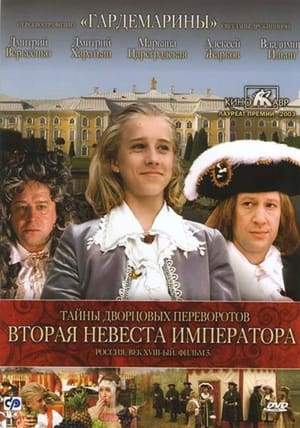 6.1
6.1Secrets of Palace coup d'etat. Russia, 18th century. Film №5. Second Bride Emperor(ru)
As a result of a successful conspiracy against Menshikov, Peter II is prematurely recognized as an adult and is in a hurry to be crowned in Moscow. The Dolgoruky brothers gather for this celebration. There were eight of them - all-powerful and influential representatives of the ancient Rurikovich family - and among them the beautiful Ekaterina, the daughter of the huntsman Alexei.
 7.7
7.7Panda! Go Panda!(ja)
Cheerful Mimiko has a wonderfully strange family—a Panda for her Papa; and his son Panny, calls her Mom! When Panny follows Mimiko to school, he must pretend to be a teddy bear so Mimiko won't get into trouble. Despite his efforts to behave, Panny causes trouble in school and now the school is after Panny! Then, Panny makes a new friend, Tiny, a baby tiger who's wandered off from the circus.
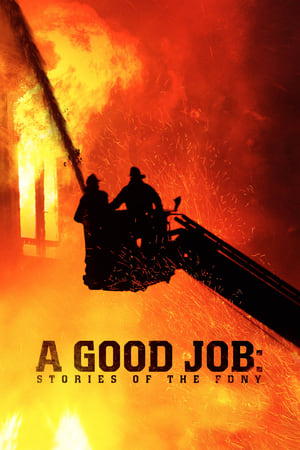 5.8
5.8A Good Job: Stories of the FDNY(en)
Acclaimed actor and FDNY veteran Steve Buscemi looks at what it's like to work as a New York City firefighter. Utilizing exclusive behind-the-scenes footage and firsthand accounts from past and present firefighters, explore life in one of the world's most demanding fire departments while illuminating the lives of the often 'strong and silent' heroes.
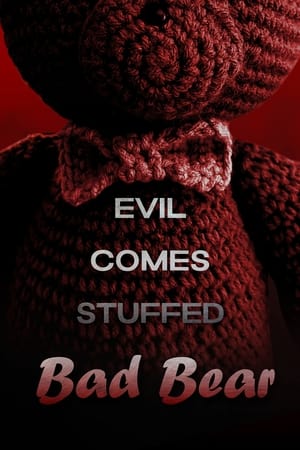 8.3
8.3Bad Bear(en)
Noah Holiday lives his life being constantly reminded of a tragic event that occurred while he was a baby in 2004. During his rough times alone, Noah rediscovers his long lost childhood teddy bear; however, what once brought him great joy now has a mind of his own and has sinister plans in store for him.
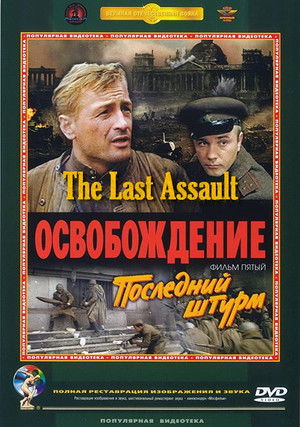 7.4
7.4Liberation: The Last Assault(ru)
In Berlin, Lieutenant Yartsev's infantry and Tzvetaev's battery fight their way in the U-Bahn. Captain Neustroev's company is selected to hoist the Victory Banner atop the Reichstag.
 6.6
6.6The F-Word(ru)
The video refers to the current protests in Belarus, political struggle and state violence through the discourse of fascism. The topic of fascism and victory over it has for a long time been central to the state ideology of Belarus.
 5.8
5.8X(es)
The film tells the obsession of a policeman to find out who is the murderer of a young homosexual. The character played by Antonio Resines, is a cop who gets up in a strange house with a huge hangover and has no memory of what he did last night, when the homosexual was killed. He is the prime suspect.
 5.3
5.3The Song of the Tree(ky)
Esen, a young man who has been expelled from his village, escapes with the daughter of one of the most powerful men in the village. Whilst being pursued, he is forced to fight for her hand in a battle that results in the destruction of a sacred totem tree. This puts the whole village in jeopardy, and it is up to Esen to redeem himself and save them all.
 7.6
7.6Re-Cycling(en)
This direct-to-draw animated film on 35 mm film features the imagery of 10 European directors in a collective project. Each produced 1 minute of animation on film, drawing directly onto it in his or her own style.
 6.6
6.6Live in Front of a Studio Audience: Norman Lear's "All in the Family" and "The Jeffersons"(en)
Celebrities re-create an original episode each from "All in the Family" and "The Jeffersons."
 5.8
5.8Sonic Soldier Borgman: Madnight☆Gigs!(ja)
A music clip OVA using full versions of songs that were from the anime.
 5.9
5.9Station Six-Sahara(en)
A beautiful blonde joins a small group of men running an oil station in the Sahara Desert and starts the emotions soaring.
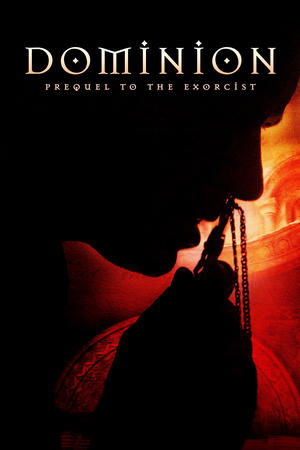 5.3
5.3Dominion: Prequel to The Exorcist(en)
Father Merrin takes a sabbatical from the Church to devote himself to history and archaeology as he struggles with his shattered faith.
 6.5
6.5When It Melts(nl)
Many years after a sweltering summer that spun out of control, Eva returns to the village she grew up in with an ice block in the back of her car. In the dead of winter, she confronts her past and faces up to her tormentors.
Similar Movies
 6.9
6.9The Tin Drum(de)
Oskar Matzerath is a very unusual boy. Refusing to leave the womb until promised a tin drum by his mother, Agnes, Oskar is reluctant to enter a world he sees as filled with hypocrisy and injustice, and vows on his third birthday to never grow up. Miraculously, he gets his wish. As the Nazis rise to power in Danzig, Oskar wills himself to remain a child, beating his tin drum incessantly and screaming in protest at the chaos surrounding him.
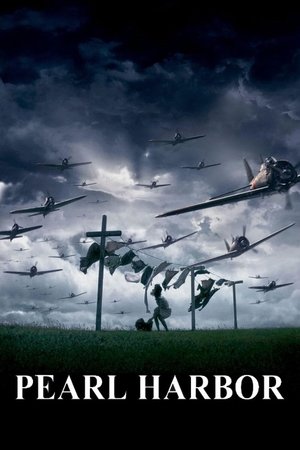 6.9
6.9Pearl Harbor(en)
The lifelong friendship between Rafe McCawley and Danny Walker is put to the ultimate test when the two ace fighter pilots become entangled in a love triangle with beautiful Naval nurse Evelyn Johnson. But the rivalry between the friends-turned-foes is immediately put on hold when they find themselves at the center of Japan's devastating attack on Pearl Harbor on Dec. 7, 1941.
 6.9
6.9Olympia: Part One – Festival of the Nations(de)
Commissioned to make a propaganda film about the 1936 Olympic Games in Germany, director Leni Riefenstahl created a celebration of the human form. This first half of her two-part film opens with a renowned introduction that compares modern Olympians to classical Greek heroes, then goes on to provide thrilling in-the-moment coverage of some of the games' most celebrated moments, including African-American athlete Jesse Owens winning a then-unprecedented four gold medals.
 6.7
6.7Olympia: Part Two – Festival of Beauty(de)
Commissioned to make a propaganda film about the 1936 Olympic Games in Germany, director Leni Riefenstahl created a celebration of the human form. Where the two-part epic's first half, Festival of the Nations, focused on the international aspects of the 1936 Olympic Games held in Berlin, part two, The Festival of Beauty, concentrates on individual athletes such as equestrians, gymnasts, and swimmers, climaxing with American Glenn Morris' performance in the decathalon and the games' majestic closing ceremonies.
 1.0
1.0The Secret Masonic Victory of World War II(en)
Western Freemasonry and Eastern communists won WW2, leading to a secret holy war aiming for a one-world government and a single religion in a communist utopia.
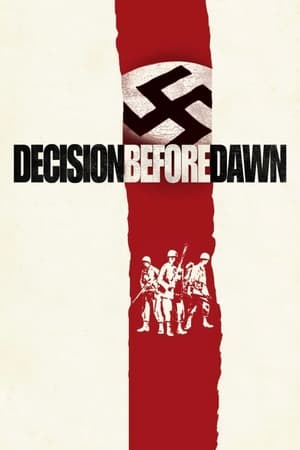 6.7
6.7Decision Before Dawn(en)
WWII is entering its last phase: Germany is in ruins, but does not yield. The US army lacks crucial knowledge about the German units operating on the opposite side of the Rhine, and decides to send two German prisoners to gather information. The scheme is risky: the Gestapo retains a terribly efficient network to identify and capture spies and deserters. Moreover, it is not clear that "Tiger", who does not mind any dirty work as long as the price is right, and war-weary "Happy", who might be easily betrayed by his feelings, are dependable agents. After Tiger and another American agent are successfully infiltrated, Happy is parachuted in Bavaria. His duty: find out the whereabouts of a powerful German armored unit moving towards the western front.
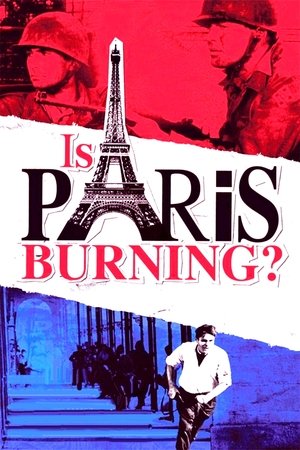 7.2
7.2Is Paris Burning?(fr)
Near the end of World War II, Gen. Dietrich von Choltitz receives orders to burn down Paris if it becomes clear the Allies are going to invade, or if he cannot maintain control of the city. After much contemplation Choltitz decides to ignore his orders, enraging the Germans and giving hope to various resistance factions that the city will be liberated. Choltitz, along with Swedish diplomat Raoul Nordling, helps a resistance leader organize his forces.
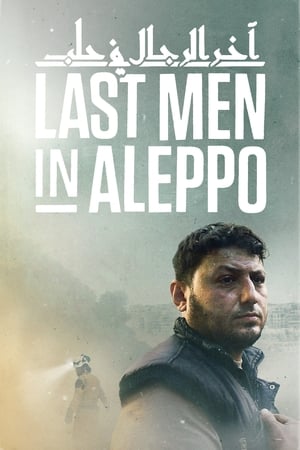 6.9
6.9Last Men in Aleppo(da)
Winner of the Grand Jury Documentary prize at the Sundance Film Festival, Syrian filmmaker Feras Fayyad’s breathtaking work — a searing example of boots-on-the-ground reportage — follows the efforts of the internationally recognized White Helmets, an organization consisting of ordinary citizens who are the first to rush towards military strikes and attacks in the hope of saving lives. Incorporating moments of both heart-pounding suspense and improbable beauty, the documentary draws us into the lives of three of its founders — Khaled, Subhi, and Mahmoud — as they grapple with the chaos around them and struggle with an ever-present dilemma: do they flee or stay and fight for their country?
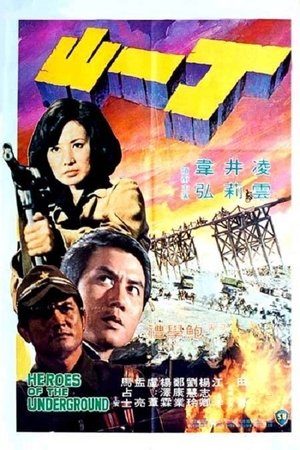 6.0
6.0Heroes of the Underground(zh)
Besides martial arts, Bruce Lee's contribution to Chinese society was instilling a strong sense of nationalism. After his death, anti-Japanese films found new breathe especially in Taiwan. Based on a King Hu’s script, Heroes Of The Underground tapped into Lee's nationalistic fervor and the Confucian ethic of country above family and starred the popular Ching Li as a World War II, Chinese secret agent planted into the Japanese Headquarters at Changsha. Tears flow in the name of country pride.
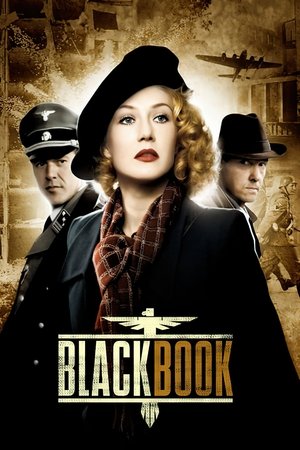 7.4
7.4Black Book(nl)
In the Nazi-occupied Netherlands during World War II, a Jewish singer infiltrates the regional Gestapo headquarters for the Dutch resistance.
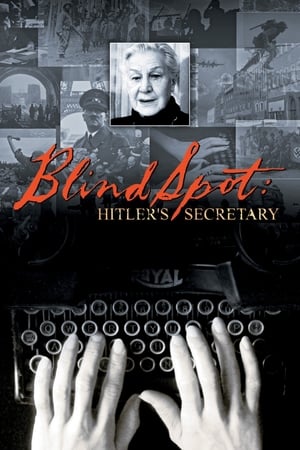 6.4
6.4Blind Spot: Hitler's Secretary(de)
Documentarians Andre Heller and Othmar Schmiderer turn their camera on 81-year-old Traudl Junge, who served as Adolf Hitler's secretary from 1942 to 1945, and allow her to speak about her experiences. Junge sheds light on life in the Third Reich and the days leading up to Hitler's death in the famed bunker, where Junge recorded Hitler's last will and testament. Her gripping account is nothing short of mesmerizing.
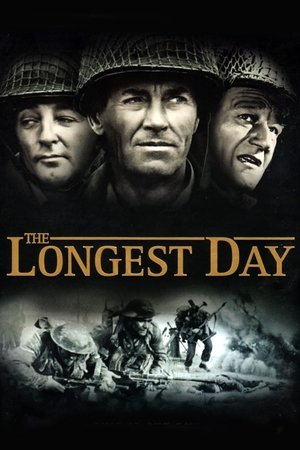 7.6
7.6The Longest Day(en)
The retelling of June 6, 1944, from the perspectives of the Germans, US, British, Canadians, and the Free French. Marshall Erwin Rommel, touring the defenses being established as part of the Reich's Atlantic Wall, notes to his officers that when the Allied invasion comes they must be stopped on the beach. "For the Allies as well as the Germans, it will be the longest day"
 0.0
0.0experimento de tiempo y Trufas(en)
Four unrelated moments following a young cat wandering the living room of her house.
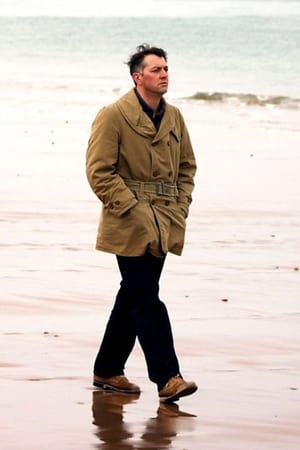 5.0
5.0Normandy '44: The Battle Beyond D-Day(en)
James Holland moves beyond the D-Day beaches to reassess the brutal 77-day Battle for Normandy that followed the invasion. Challenging some of the many myths that have grown up around this vital campaign, Holland argues that we have become too comfortable in our understanding of events, developing shorthand to tell this famous story that does great injustice to those that saw action in France across the summer of 1944.
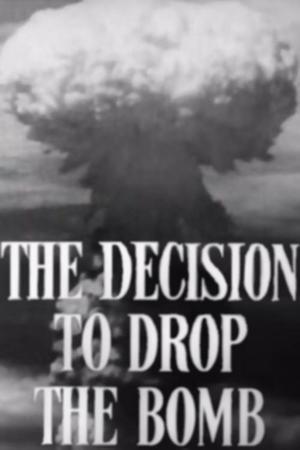 6.7
6.7The Decision to Drop the Bomb(en)
J. Robert Oppenheimer and other key figures involved in the decision to drop the first atomic bomb discuss their motivations in this NBC News documentary. Originally produced and televised in 1965, two decades after the bombings of Hiroshima and Nagasaki, it was re-released in 2023 with an epilogue by Michael Beschloss, NBC News Presidential Historian.
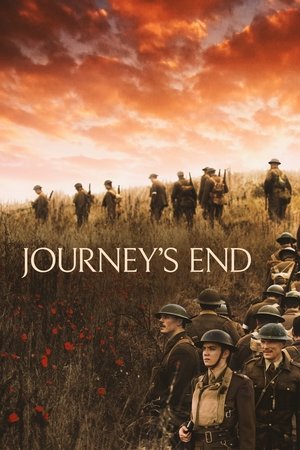 6.3
6.3Journey's End(en)
Set in a dugout in Aisne in 1918, a group of British officers, led by the mentally disintegrating young officer Stanhope, variously await their fate.
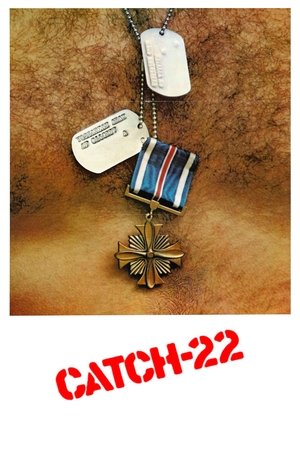 6.7
6.7Catch-22(en)
A bombardier in World War II tries desperately to escape the insanity of the war. However, sometimes insanity is the only sane way to cope with a crazy situation.
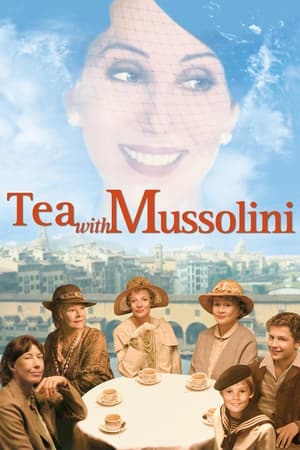 6.4
6.4Tea with Mussolini(en)
In 1930s fascist Italy, adolescent Luca just lost his mother. His father, a callous businessman, sends him to be taken care of by British expatriate Mary Wallace. Mary and her cultured friends - including artist Arabella, young widow Elsa, and archaeologist Georgie - keep a watchful eye over the boy. But the women's cultivated lives take a dramatic turn when Allied forces declare war on Mussolini.
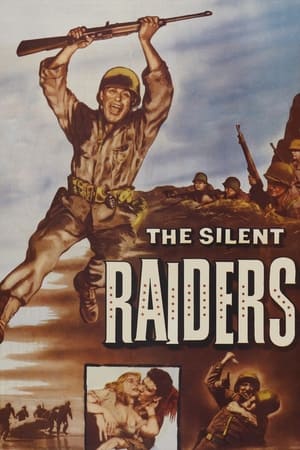 5.5
5.5Silent Raiders(en)
Allied commandos try to knock out Nazi communications on the French coast.
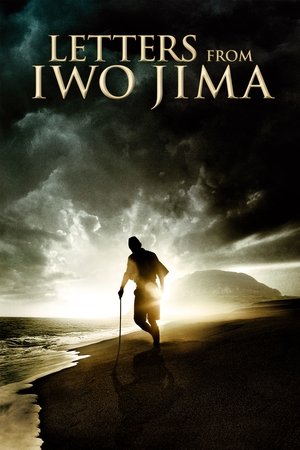 7.5
7.5Letters from Iwo Jima(en)
The story of the battle of Iwo Jima between the United States and Imperial Japan during World War II, as told from the perspective of the Japanese who fought it.

